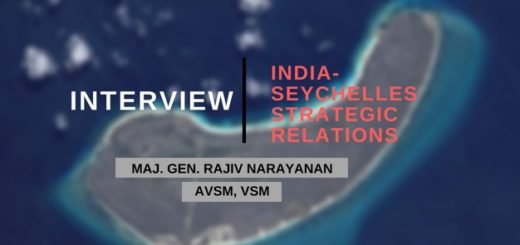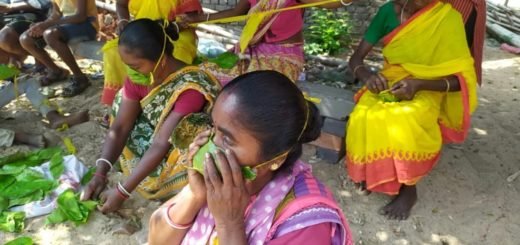India’s Presidency for G20: The hope in the buzz
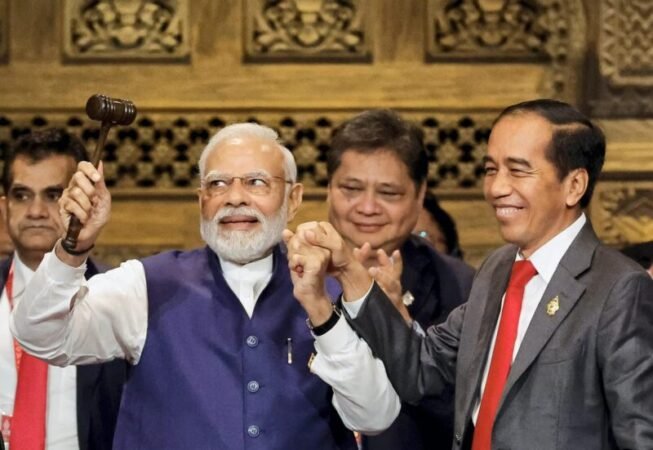
India has taken up the presidency for G20 on the 30th of November, 2022 for the 2023 session and everything that relates to it from the curtain-raising ceremony to mascot declaration for the event has become a token of attraction these days. However, India is scheduled to preside for the UNSC chair in December 2022, which also marks the last month for India as a non-permanent member in this eighth term (2021-22). Several articles and prospective ideas have been floating in the current discourse but, the point that attracted my attention is the actual intrinsic meaning behind this buzz. The significance of this work is to acknowledge the reasons for the kind of excitement or buzz postured by it. First and foremost, this buzz could be artificially driven by some kind of agenda-setting but this article tends to negate this argument with strong evidence. India is having several challenges, opportunities and priorities as far as G20 is concerned but it is coming to the developing world as an alternative to International organisations such as United Nations, which has failed the international community.
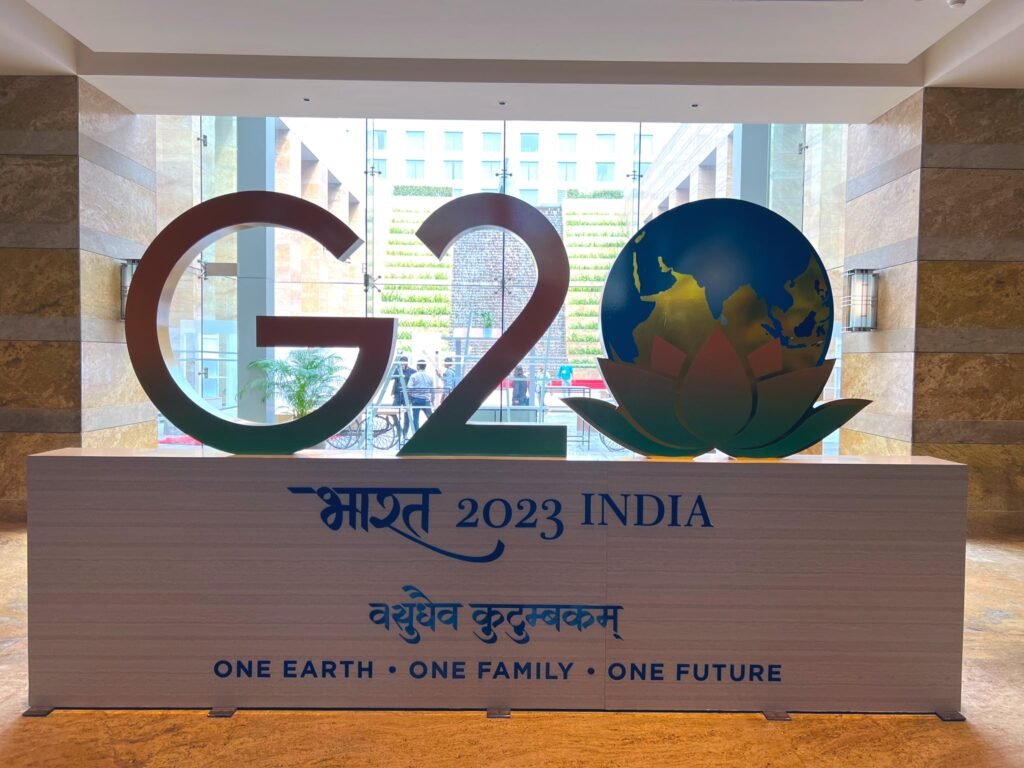
Although, G20 is neither a treaty organisation like the UN nor has the teeth to bite as such in the case of the Security Council. It gives us the sense that a great responsibility lies in the hands of the United Nations for the protection of international peace and security. But the divided council and prominence of vested interests of P-5 members over global interests is the root cause behind the deadlock and ineffectiveness of the Council that results in several ongoing conflicts. Rather, G20 is an informal advisory grouping, which works with consensus, having the primary focus on economic and social cooperation. It also marks the convergence of most developed and emerging economies with 85% of global GDP, and 75% of International trade serving 62% of the world population. Evolving geopolitics has reflected that the space for the liberal economic order still exists in a realist paradigm. For illustration, China follows the communist regime and sometimes criticises the western order but uses the same economic policy and order to capture the global market. Furthermore, the mandate of the Security Council is fractured and divided on crucial matters. Global supply chains, the energy crisis, Russia- Ukraine war and inflation have stabbed the growth and economic well-being of both the developed and developing world. In short, this buzz around G20 stems from the failure of multilateralism embodied by the UN and other institutions.
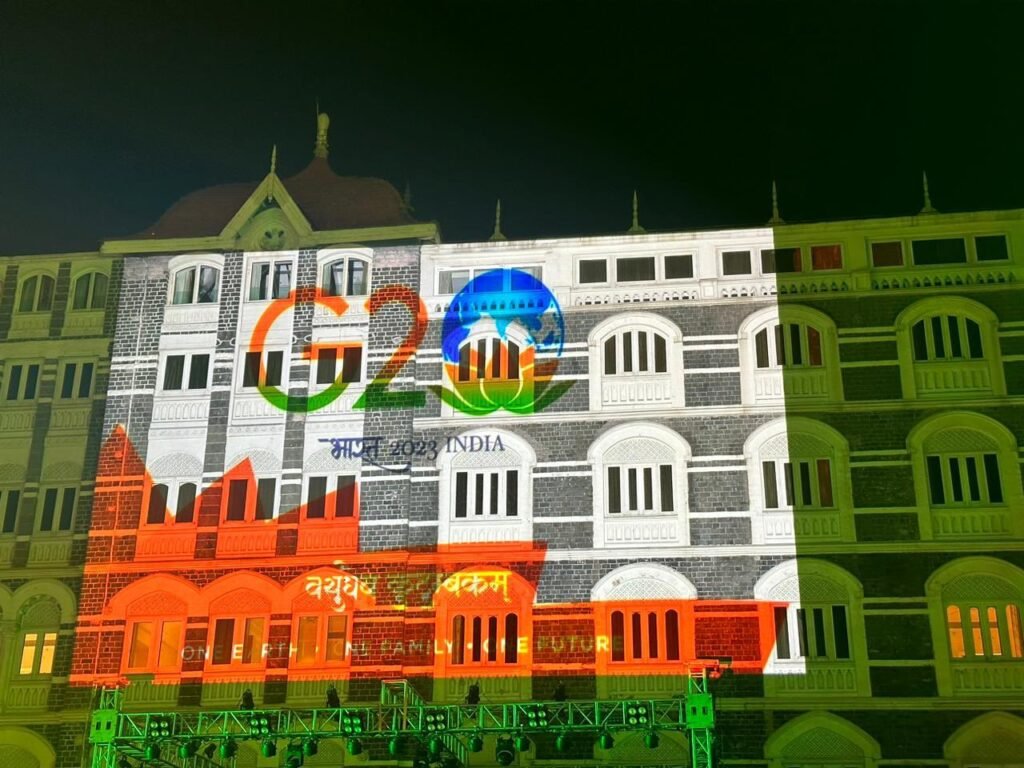
Furthermore, there are several domestic factors also such as It coincides with the 75th anniversary of India’s independence and a fabulous opportunity to showcase India’s soft power by promoting Model India of ancient civilizational values, democracy, diversity and development. Moreover, India can project herself as a team player, leading from the front; emerging as a global leader that can be helpful in the realisation of some tangible goals too. India can set the agenda for the equipped climate action mechanism as It is one of the most vulnerable nations in terms of climate change. Politically, It may support the narrative of the ruling dispensation of ‘New India’ and the global acknowledgement of it. The ruling regime is also addressing the domestic audience through this platform by calling them for a Pan India engagement.
Thus, this larger canvas of G20 can be analysed through the lens of these minute developments. It answers my hypothesis that India has a lot of hope this time from G20 and will try to have some tangible gains too in terms of several Memorandum of Understanding (MoUs) for economic and technological partnerships. The deadlock in other multilateral forums has also played a role in pushing this expectation to a new level.


